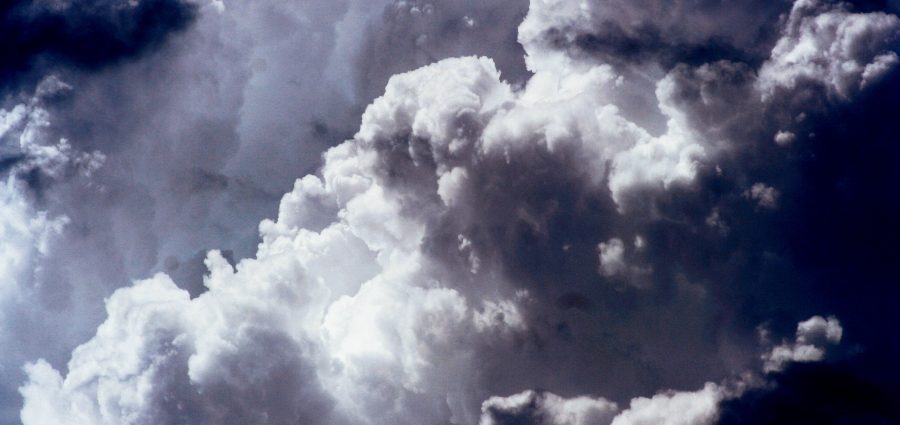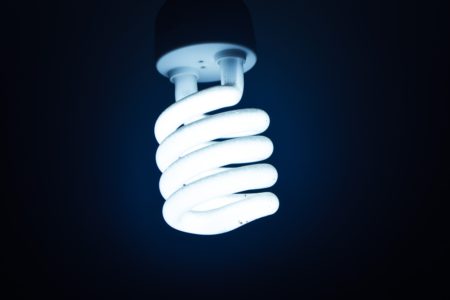While forecasting air quality is challenging and often unpredictable, we anticipate that conditions could deteriorate – getting worse on Thursday — due to unprecedented wildfires in Canada.
Poor air quality can affect people differently, so individuals must assess their own sensitivities and adjust to conditions at the time. The most important action we can take is to stay informed. Airnow.gov provides regular updates of air conditions in your community.
While we currently project air quality index (AQI) to be in the moderate range (between 51-100) today, wind patterns can quickly change without notice.
At an AQI of 101-150, New Yorkers who are likely to be most sensitive to a reduction in air quality and who should take precautions include:
- children,
- older adults, and
- people of all ages with heart or breathing problems (e.g., asthma, heart failure).
When the AQI goes over 150, ALL New Yorkers should begin to take precautions.
These precautions include:
- Limiting time outdoors and/or taking frequent breaks from the outdoors.
- Avoiding prolonged and intense outdoor activities (this is especially important for caretakers, as children with asthma are especially sensitive).
- Call 911 if you or someone you’re caring for has trouble breathing.
- Monitoring conditions and being prepared. Now is a good time to pick up a mask, in case air quality deteriorates. The city is already making masks available at FDNY firehouses and NYPD precincts and is looking to expand supplies to more vulnerable communities.
- When air quality is poor, wearing a high-quality mask (e.g., N95) can reduce exposure to harmful pollutants. We will continue to communicate with New Yorkers about air quality through the summer. The situation will change regularly but we can be prepared for the months ahead.
The city will provide alerts if conditions deteriorate further (e.g., AQI above 200), but warnings sent by your body are equally important. New Yorkers should listen to their body. Reactions to poor air quality can include watery eyes, scratchy throat, headaches, or shortness of breath.
If you feel any of these conditions, go indoors and limit time outside.
Sign up for alerts from @NotifyNYC here.
.








